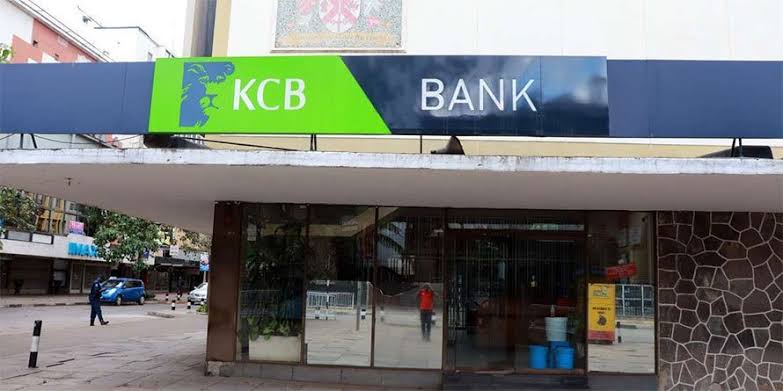The High Court has ordered KCB Group to pay 28 former employees more than Sh115 million in a precedent-setting decision on unfair labour practices for keeping casuals on contract terms for more than three years and paying them less compared to permanent staff.
The former employees whose jobs were terminated in December last year sued KCB Group accusing the lender of discrimination for paying them less compared to those hired on a permanent basis, yet they perform the same jobs.

Justice Monicah Mbaru said where an employer engages in unfair labour practices such as discrimination, they should be redressed by being paid damages.
“General damages are due to the claimants for loss and damage suffered for being placed under terms and conditions of employment less favourable contrary to negotiated terms and conditions to unionisable employees of the respondent (KCB),” the judge said.
The decision is likely to have far-reaching ramifications across job sectors as the court stated that there is no justification for subjecting employees to performing the same job on different terms and conditions.
The judge said employment under a fixed term contract is legitimate and lawful and employers cannot be allowed to apply unfavourable employment terms and conditions on any employee where basic minimum terms and conditions have been negotiated for unionisable cadre such as clerks under CBA.
“The restrictive wages as against the privilege accorded to permanent employees based on the CBA terms and conditions means an unfair treatment and denial of normal privileges on account of the nature or employment relationship of the fixed term contract,”
They said the recognition of fixed-term contracts in law is not a justification to pay low wages and create a disparity that is not justified.
The judge said although each type of employment relationship comes with rights and benefits, where employment for a continuous period is more than two months, whether casual or temporary, such a job is protected under the Employment Act.
“The initiation of an employment relationship is therefore important and where the respondent’s intention was to have the claimants as casuals and temporary employees through a fixed term contract, the obvious conflict, the court seized of a claim of this nature is directed to vary the terms of services and declare the employee to be employed on terms and conditions of service consistent with the law,” the judge said.
29 former employees led by Justus Rang’ang’a sued KCB Group accusing the former employer of discrimination in their pay for equal work.
The former workers were employed between 2013 and 2016 on contract as clerks and deployed to Kencom House under the customer experience department, which later became a division in 2018.
The lender kept extending the contracts latest being on December 31, 2021, and they were working under permanent clerks at the front and back office clerical jobs.
They told the court their job description was similar to those of permanent clerks specifying the skills, experience, challenges and responsibilities.
Both groups were issued and evaluated with a similar balanced score card for similar responsibilities four times a year.
When it came to pay, the contract clerks were paid Sh32,481 while those on a permanent basis were paid Sh67,157 per month.
It was their argument that they were underpaid on account of the collective bargaining agreement.
Further, those on a permanent basis also had a 5 per cent annual salary increment but the casuals did not have an increment for six years.
And because of salary underpayment, direct benefits and pay such as overtime was undervalued given that overtime is pegged to basic salary. A permanent clerk got Sh614 per hour and was subject to yearly increments but for those it was Sh274.
They also claimed that they were granted 24 days of annual leave while those on permanent were granted 28 days, plus a leave allowance of Sh10,500 which they did not qualify for.
Other benefits which they claimed they were allegedly denied included medical cover and house allowance and were denied a bonus, which was given to permanent staff.
They said they engaged the human resource department in February 2019 over the unfavourable terms but their claims were allegedly dismissed.
They escalated to the chief executive officer and later to the Ministry of Labour and their jobs were later altered and separated from permanent employees, which they said amounted to unfair labour practice.
KCB group defended itself saying the terms were agreed upon by the respective parties and they were employed willfully and of their own volition.
The bank said it engages or contracts employees on different job cadres or positions within the bank based on needs, and vacancies, among other criteria.
The lender said there are independent and separate terms of employment for respective staffs, including casuals and permanent staff and employment terms were guided by the offers made by the bank, pursuant to their own applications and guided by the bank’s policies and vacancies available at the material times.
The court further heard that there was no evidence of infringement of their constitutional rights.


















